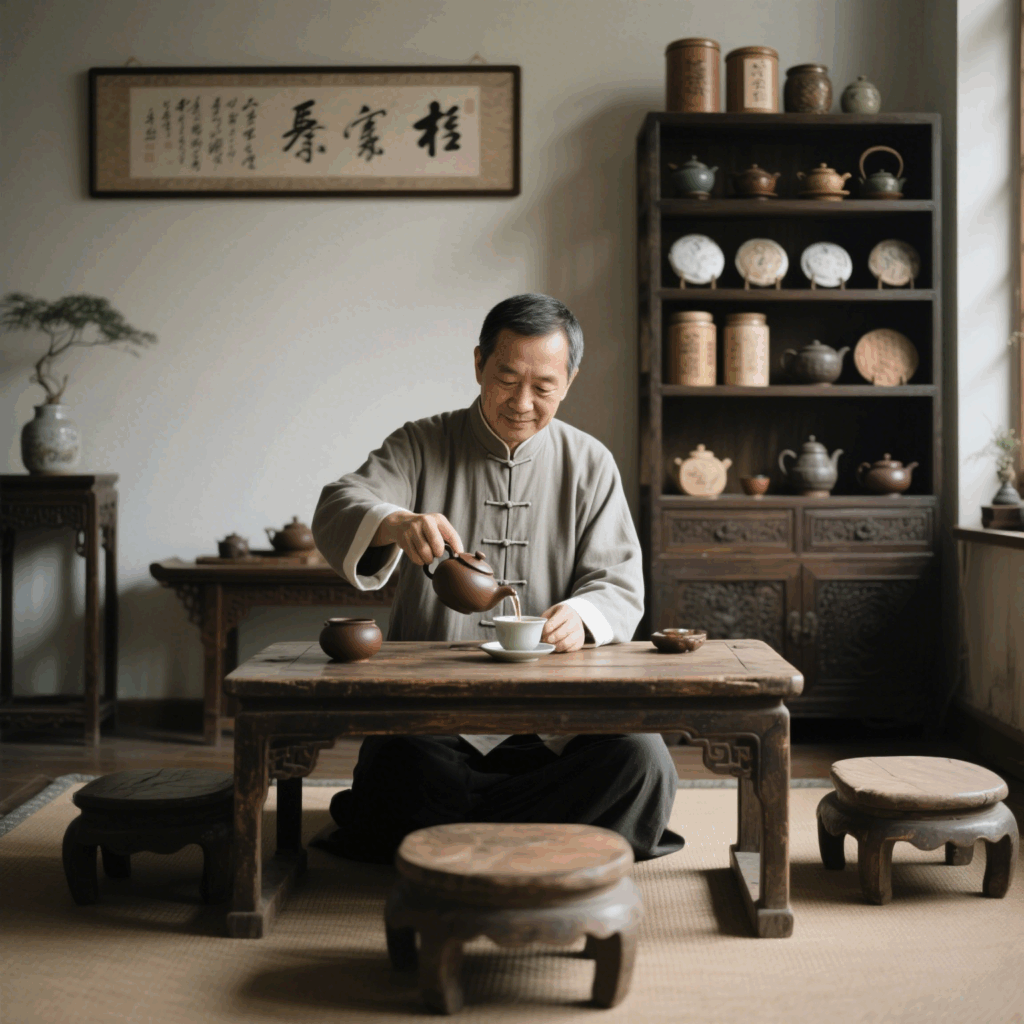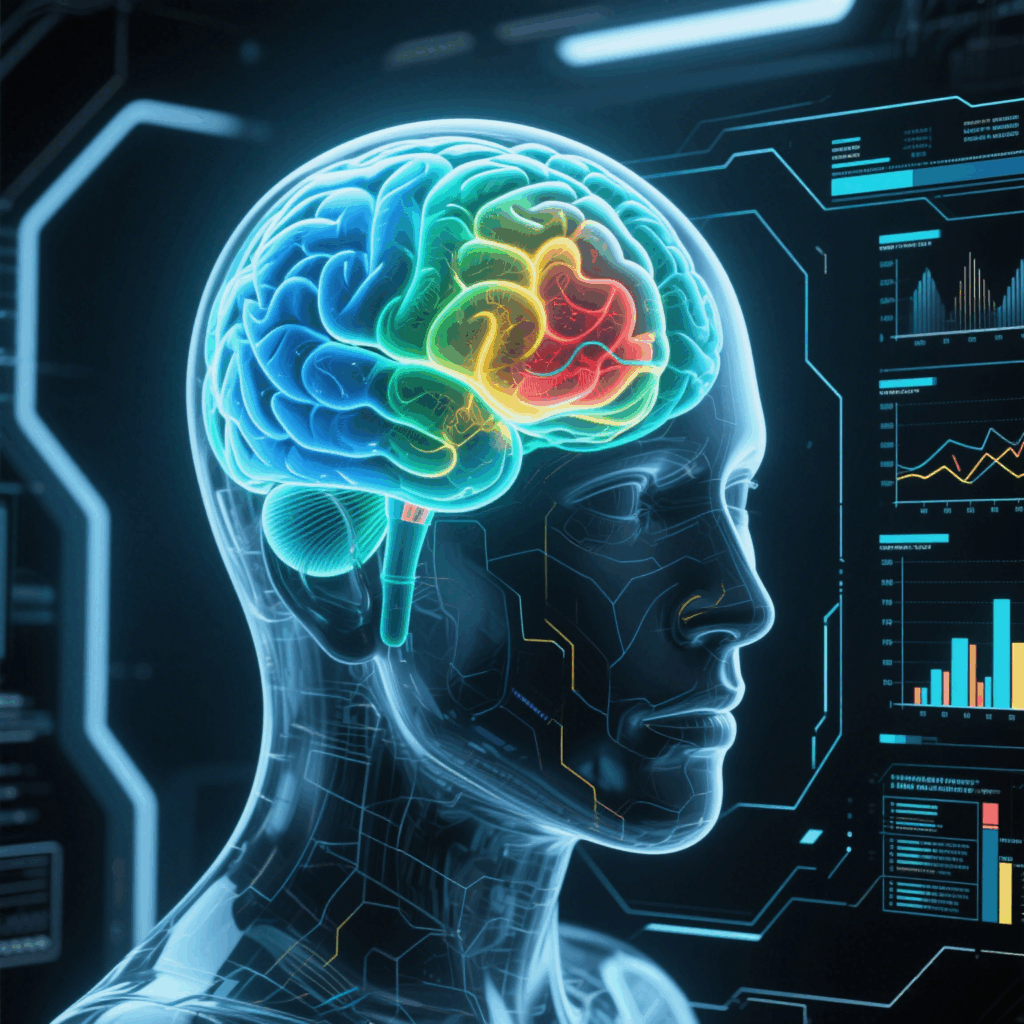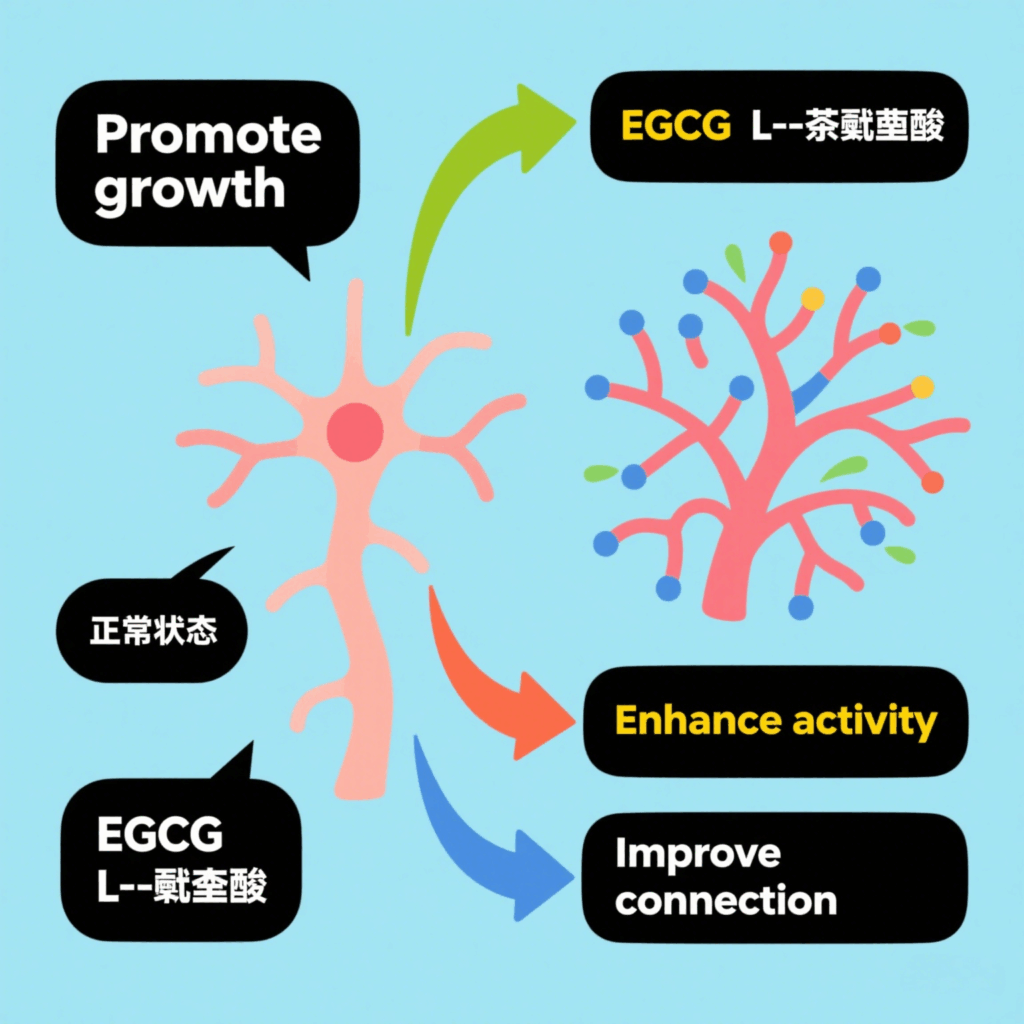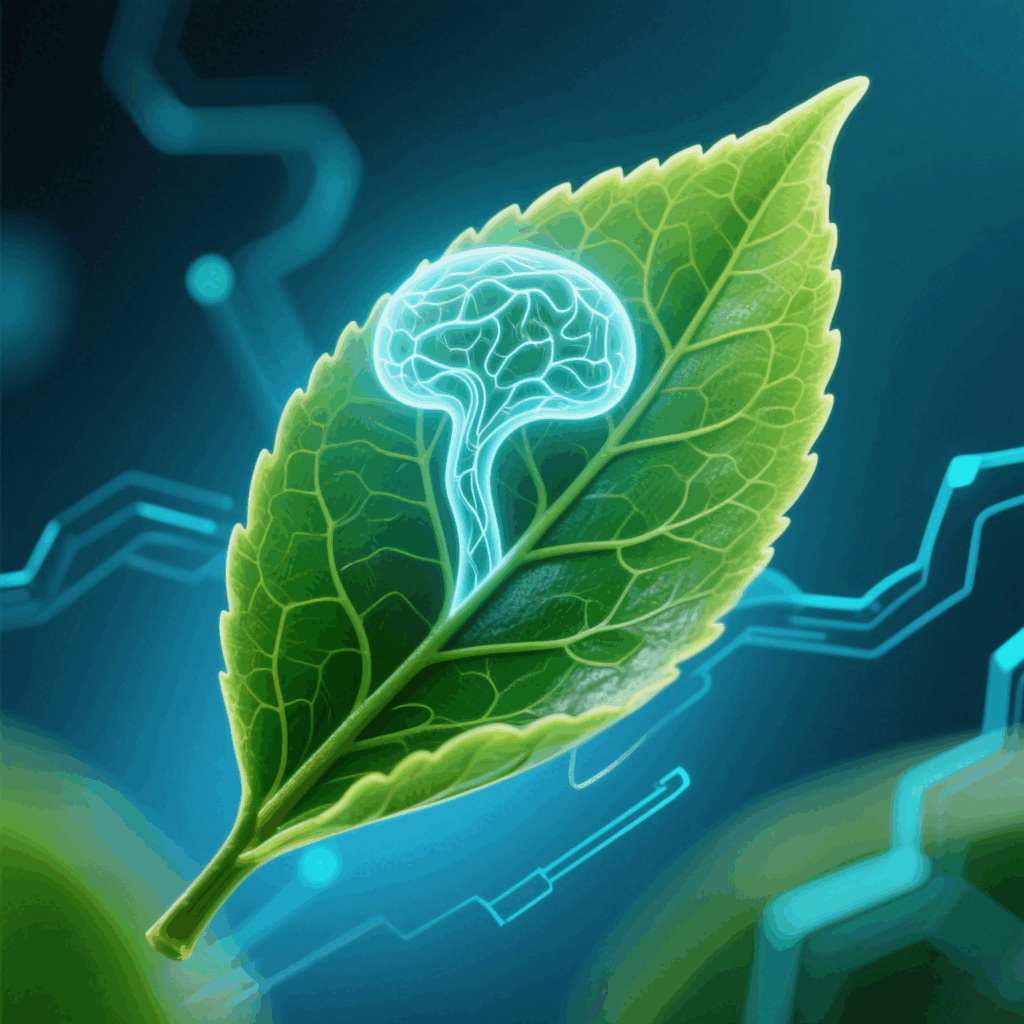Ancient Ritual, Modern Brain Science
Zen tea ceremonies symbolize mindfulness and harmony. Neuroscience now reveals how these rituals reshape cognition. Brewing tea isn’t just tradition—it’s brain science.
Tea Rituals Rewire the Brain
Mindfulness Meets Neuroplasticity
Zen tea demands focus: measure leaves, control water heat, move deliberately. Such repetition strengthens neural connections. Studies show tea meditation boosts gray matter in decision-making prefrontal cortex and memory-linked hippocampus.
Dr. James H. Austin (Zen and the Brain) notes tea rituals spark “neurobiological alchemy.” fMRI scans confirm they quiet the stress-triggering amygdala.

Tea’s Brain-Boosting Chemistry
Neuroprotective Compounds
- EGCG: Green tea’s catechin fights Alzheimer’s-linked plaques.
- L-Theanine: Induces calm focus via alpha brain waves.
- Polysaccharides: Pu-erh tea sugars boost serotonin through gut-brain links.
Southwest University found teas reset circadian rhythms by reducing metabolic inflammation.

How Tea Ceremonies Harmonize the Brain
Neural Networks in Sync
Tea preparation activates creativity-linked default mode networks. Simultaneously, aroma and taste engage salience networks, grounding us in the present.
Fudan University imaging shows tea triggers energy pathway activation, merging biochemistry with neural signaling.

Modern Applications
Science Meets Tradition
- Therapy: Japanese clinics use matcha rituals to cut anxiety patients’ cortisol by 18%.
- Design: Biophilic tea spaces use wood textures and airflow to calm nerves.
- Tech Balance: Peking University trials show tea counters AI-induced mental fatigue.

Future of ZenTea Philosophy
Neuroscience validates ancient wisdom. Emerging fields like neurogastronomy study tea’s multisensory impact on emotional brain regions. CRISPR-enhanced teas may soon offer cognitive health blends.
Yet the core remains: a teacup bridges past and future. As Thich Nhat Hanh said, “Drink tea as if it’s the Earth’s axis.”
